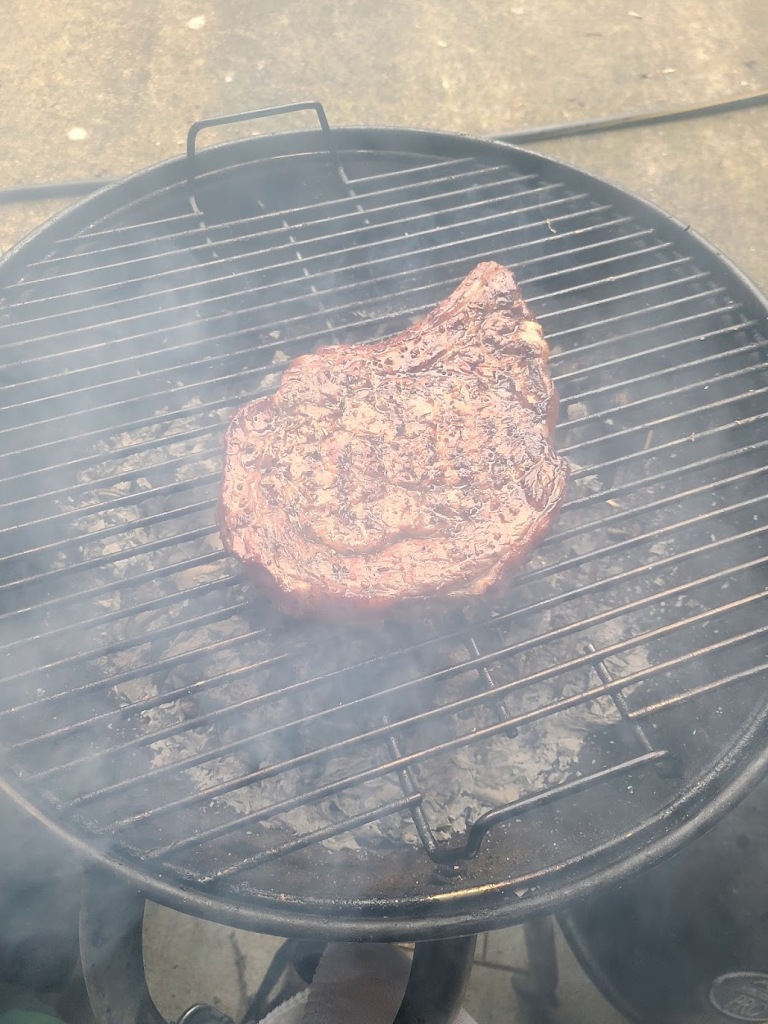Through the extended Corona virus event we have been reminded just how much we depend on the internet. This has weighed heavily on my mind: what if the virus wasn’t attacking our bodies, but was an attack on the internet? What if the internet was down for an extended period of time? How could we manage our lives? All the banks, as well as other businesses, and even families in our society can’t function without the internet. How could we access our money? How could we pay our bills? During the Corona virus banks, the government, and businesses have made allowances so people would not be put out on the streets or go bankrupt. But could they even do that if the internet was down? What preparations are in place? Do we have any back-up systems?
Previously I have talked about the importance of having some cash set aside for an emergency—not $100 bills—small denominations and coins. We have learned from the experience of folks fleeing storms and floods that people run out of change, and you could end up paying $20 for a bottle of water. You might need some 20s, but also some 10s, 5s, 1s, and coins.
But if you could not access your funds, do you have enough cash on hand for a month, for instance, to get groceries? Gas, if the stations were able to be open? During the virus I’m sure most of us haven’t needed as much gas as usual, but some, at least. It’s not necessary to put it all aside at once, but a friend and her husband set aside $20/month, until they had $600 on hand for an emergency situation. Of course, you need a safe place to stash it.
Panic is not productive. But remember, whatever you can do (gradually and in an orderly way) is better than doing nothing.
And, ask your bank and your governmental representatives what they are doing to prepare for and prevent a widespread extended internet downer.
Addendum:
Here is IQ’s response:
“The Internet has become a critical part of the operations of businesses of all types, either directly or indirectly. This is similar to how most businesses depend on functioning physical transportation systems (roads, bridges, railways, shipping). And just like the transportation network, the Internet is a big system with many connections.
Like many businesses, banking has become more dependent on electronic connections with other organizations, many of which are made using special secure connections. For a financial institution like iQ, we could continue to operate many key banking functions without being connected to the Internet. This includes branch operations, call center operations, check processing, withdrawals, deposits, and most everything a person would need to continue to go about daily life.
It’s a tough question to answer fully because the Internet is such a large system that it would depend on exactly what challenges we were dealing with. With that said, iQ maintains a comprehensive business continuity plan along with back-up connections and redundant systems. In many cases, these contingency systems would allow us to continue to operate with no impact to members whatsoever. All services would continue to be available.
Even as we all adjusted to life due to this pandemic, iQ has maintained ongoing operations in all departments. The largest impact has been that branch lobbies are not open regularly. All other services, include drive-up, phones, ATMs, online, lending, new accounts, deposits, etc. have all functioned normally. This is due in no small part to our fantastic employees and comprehensive contingency plans.
Let us know if you have further questions.”

















